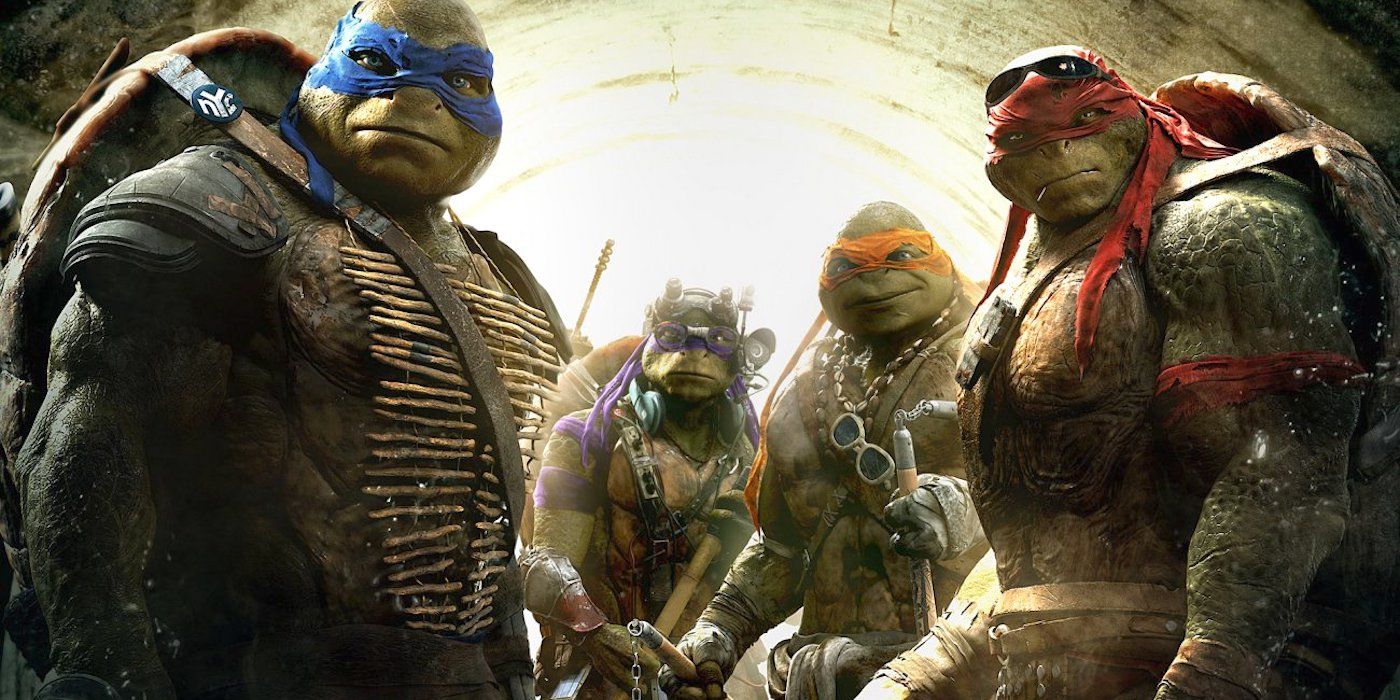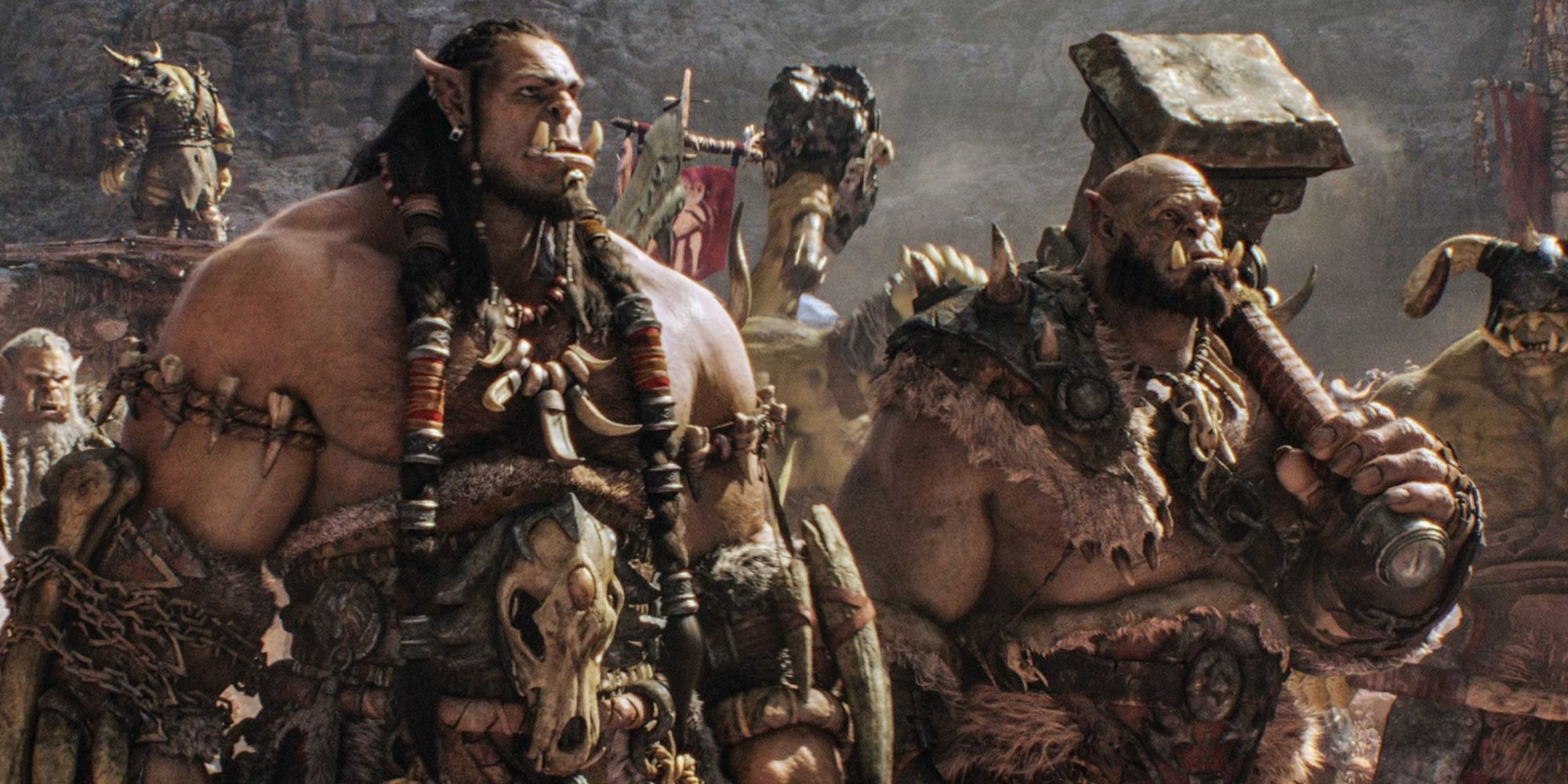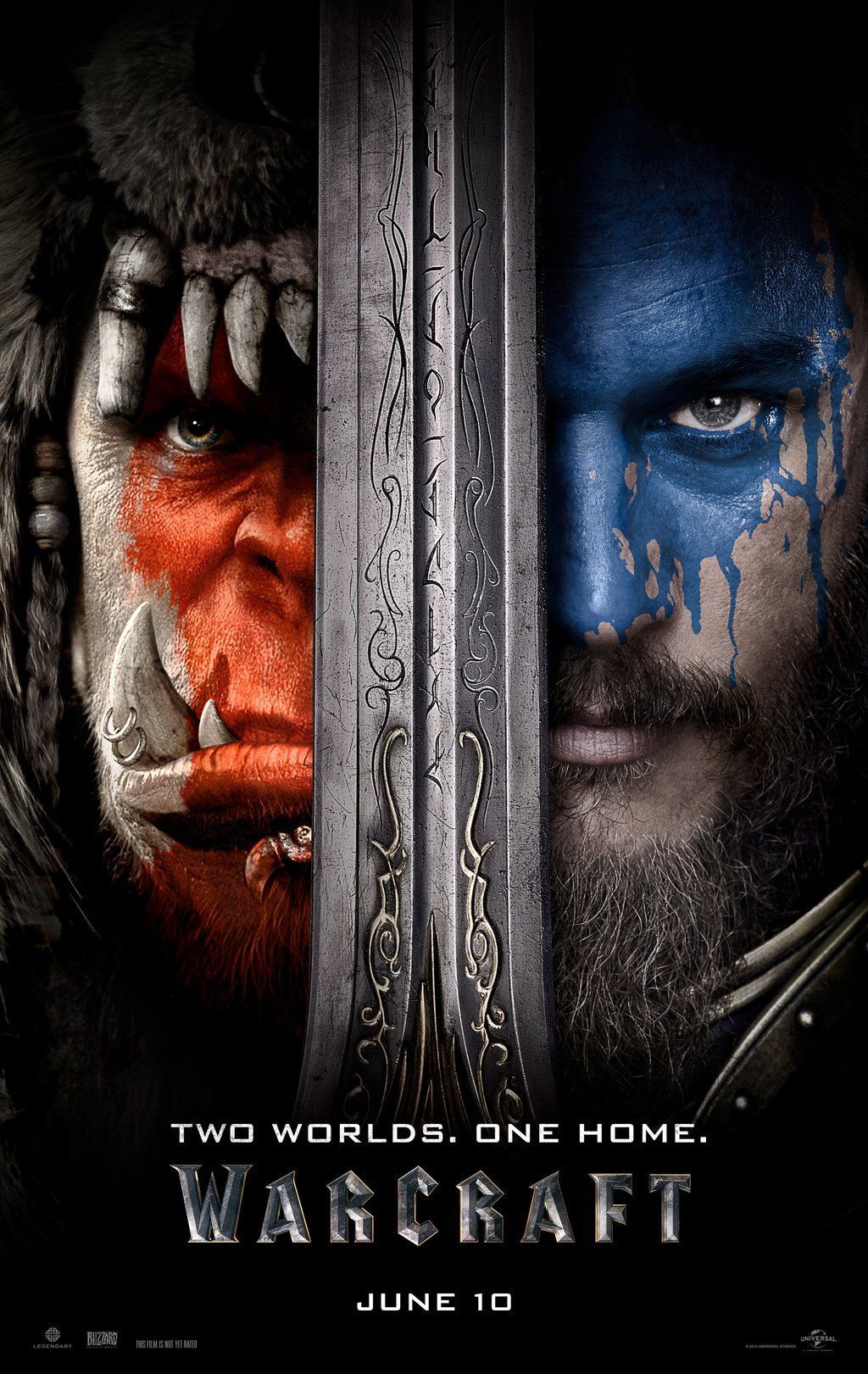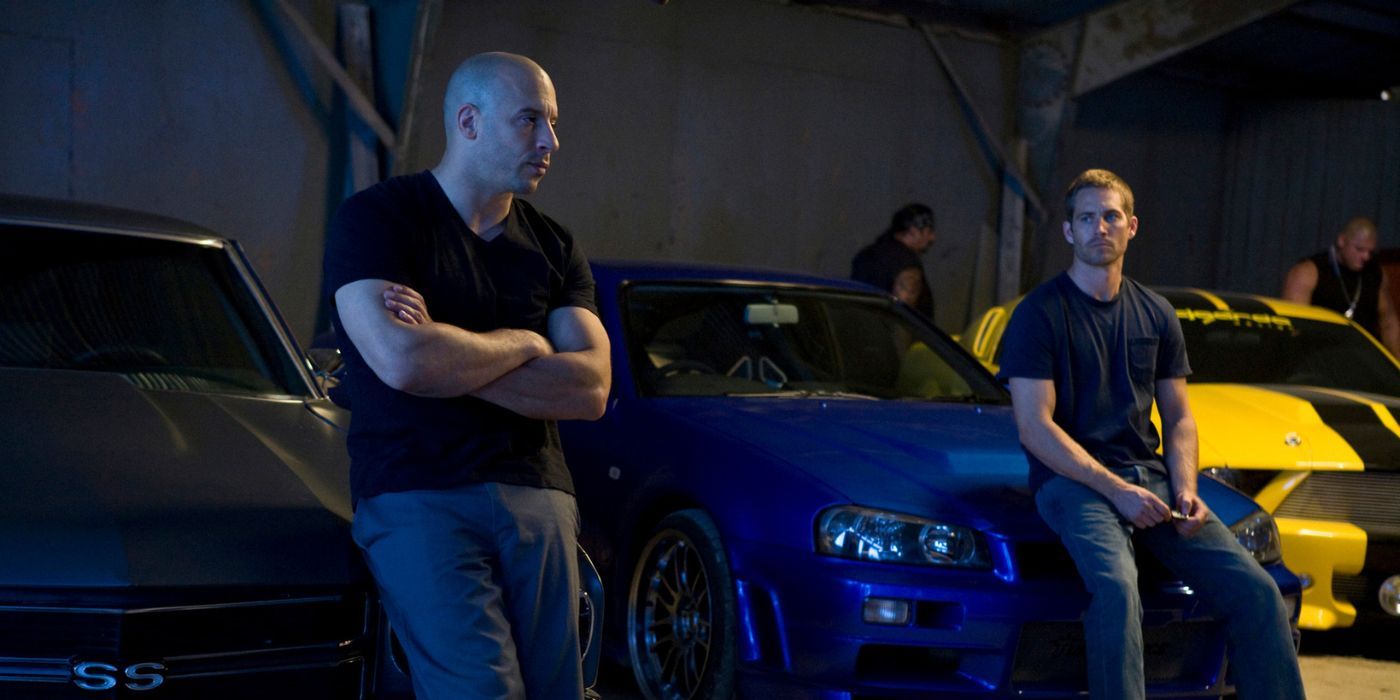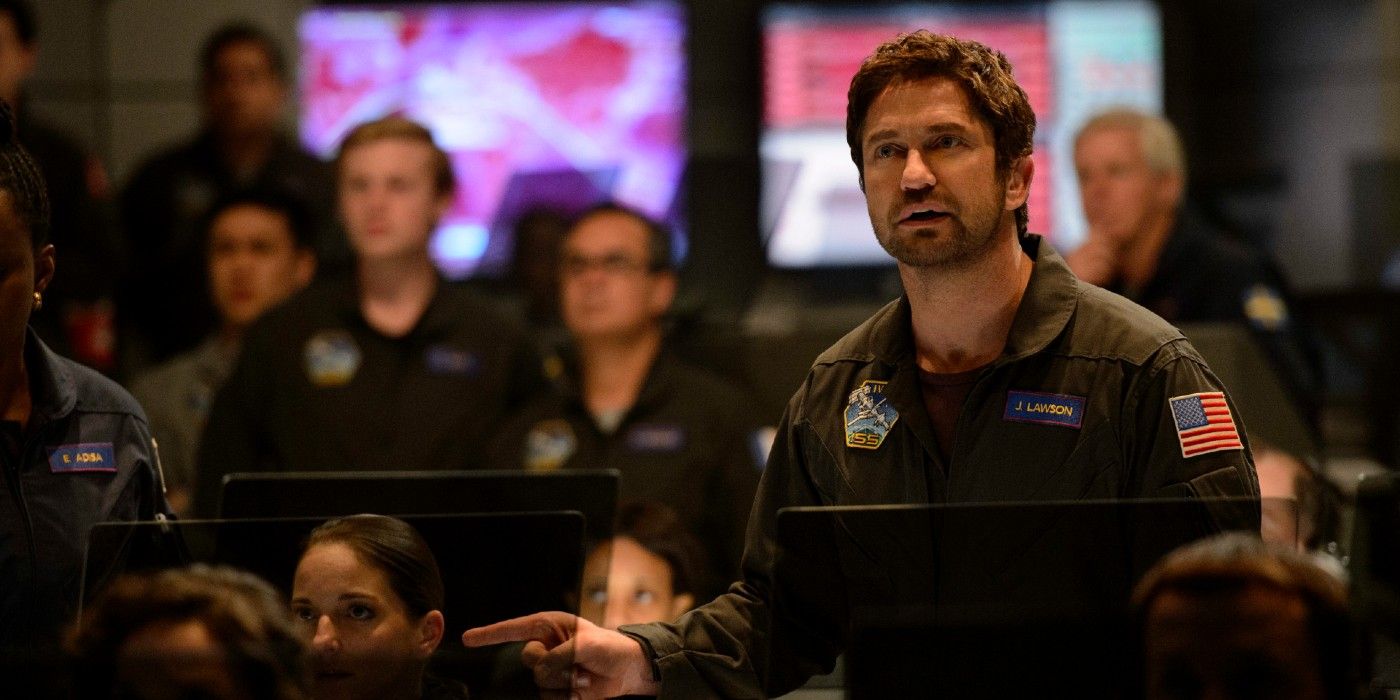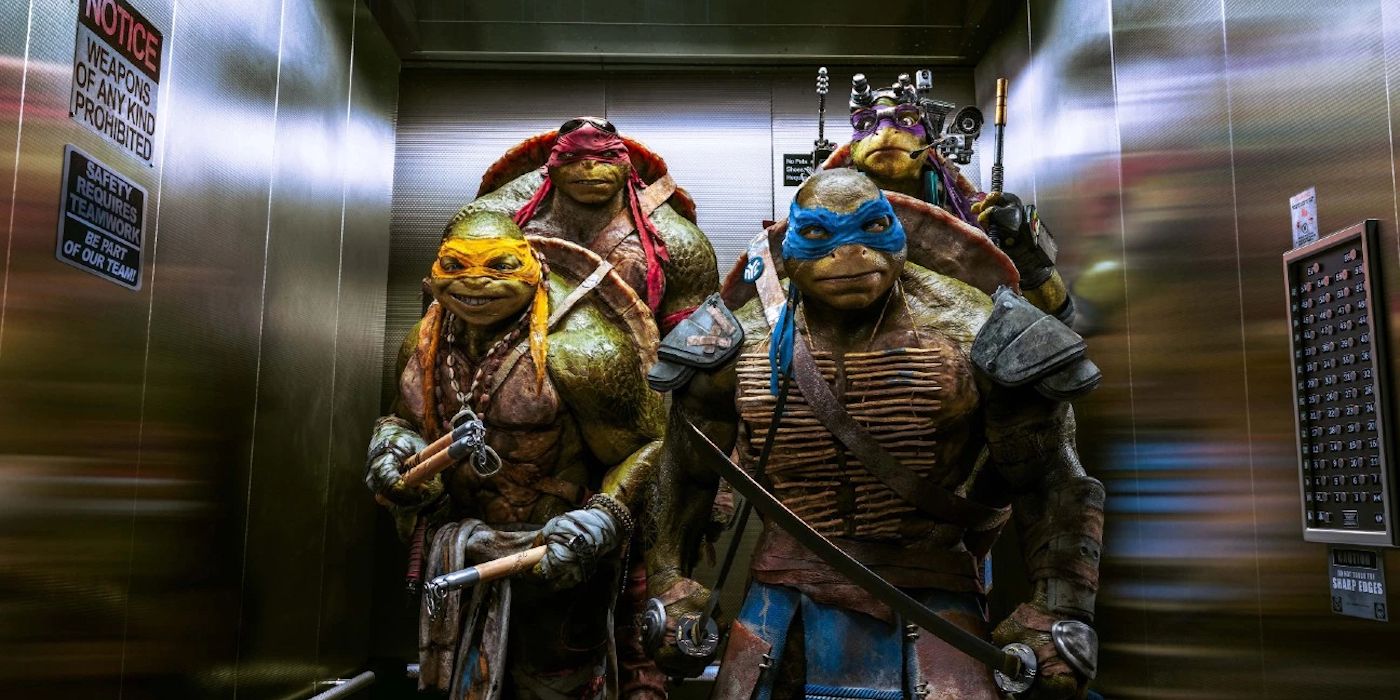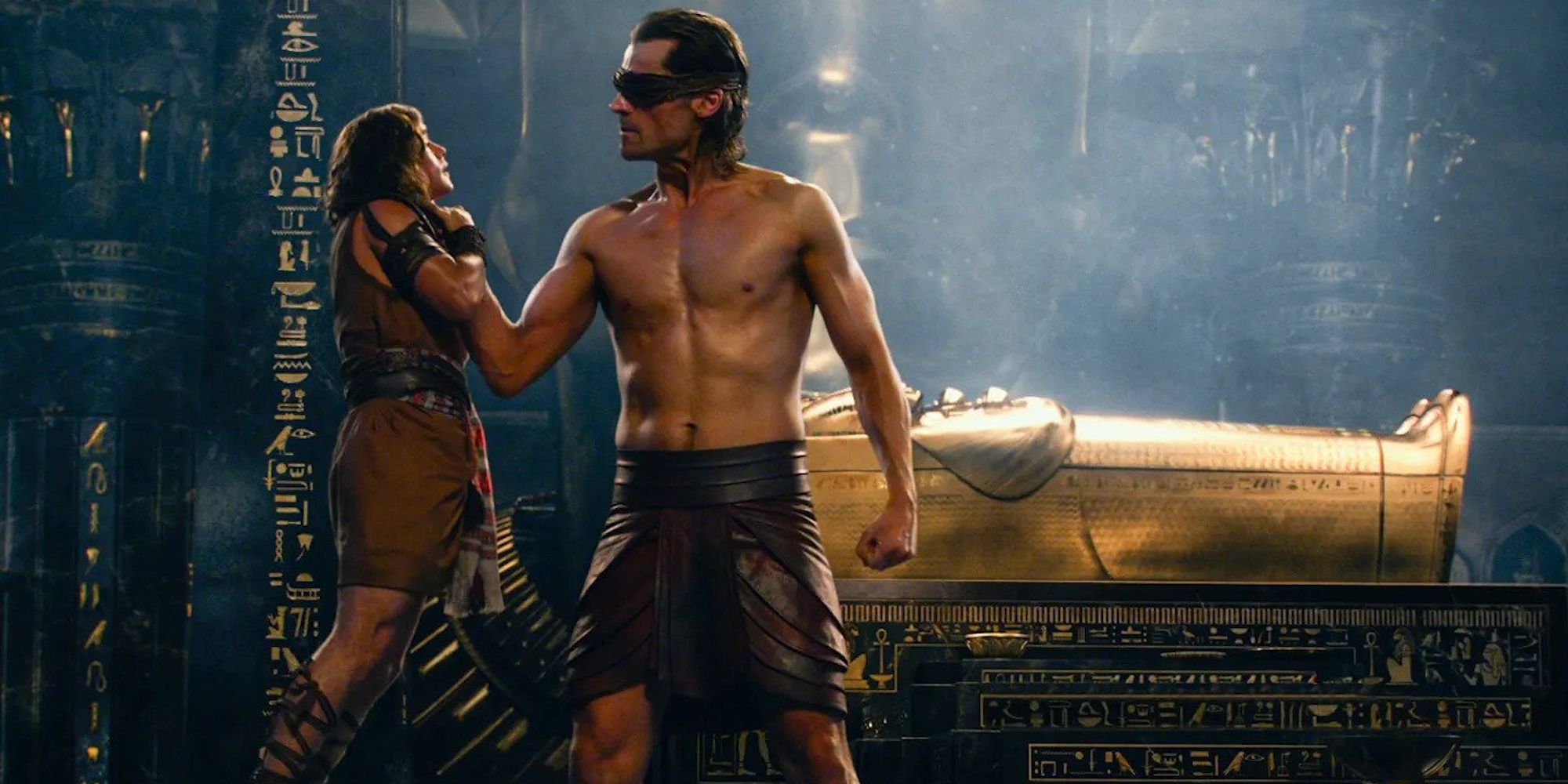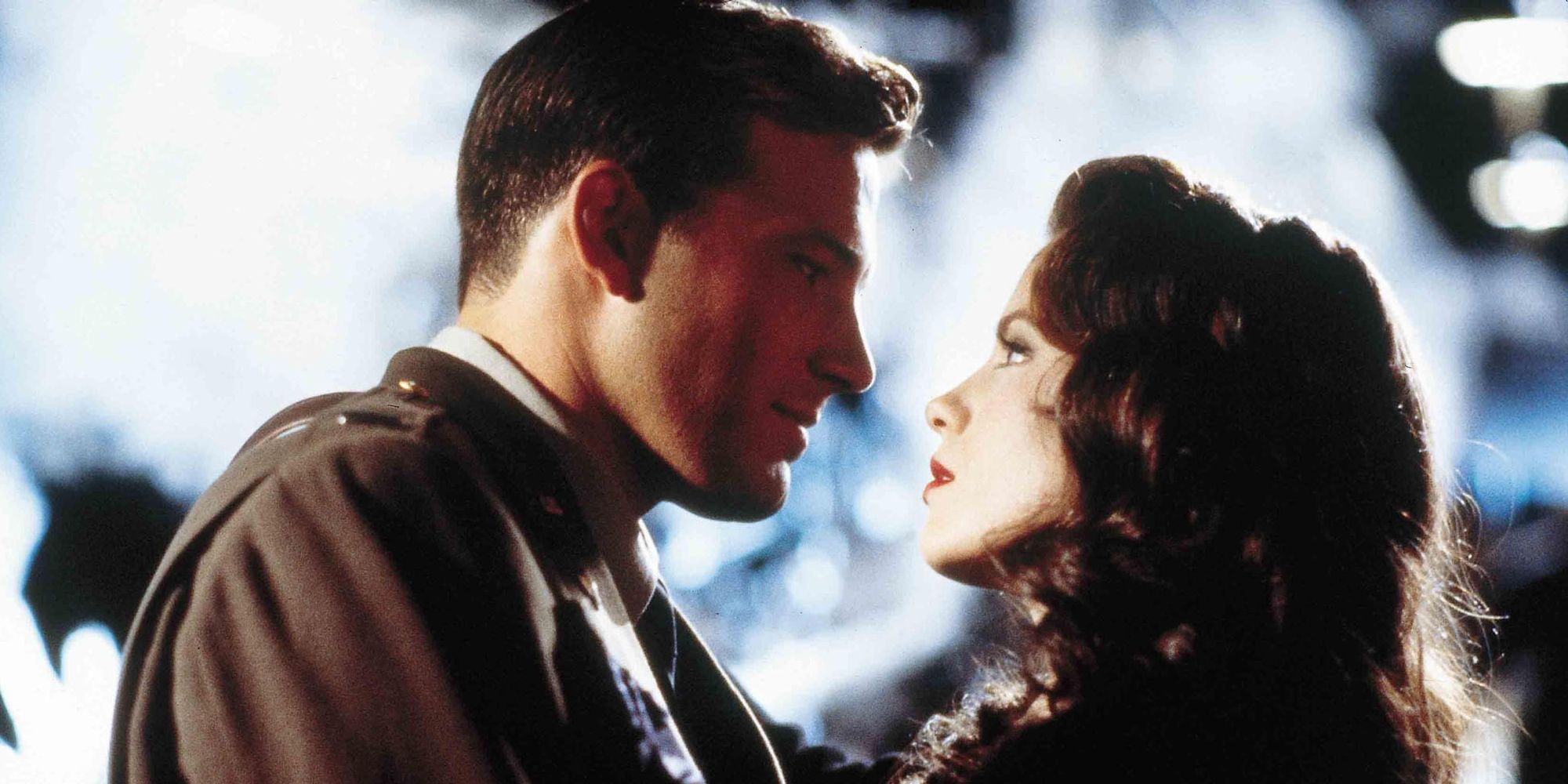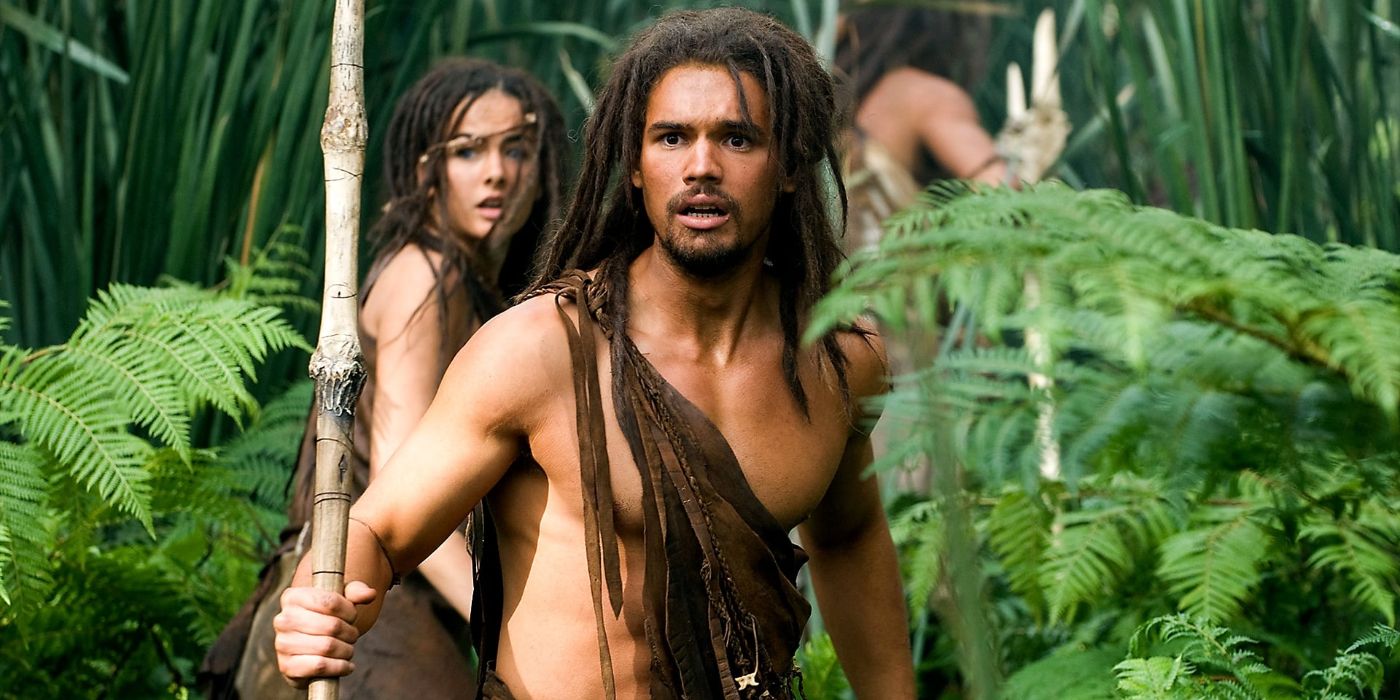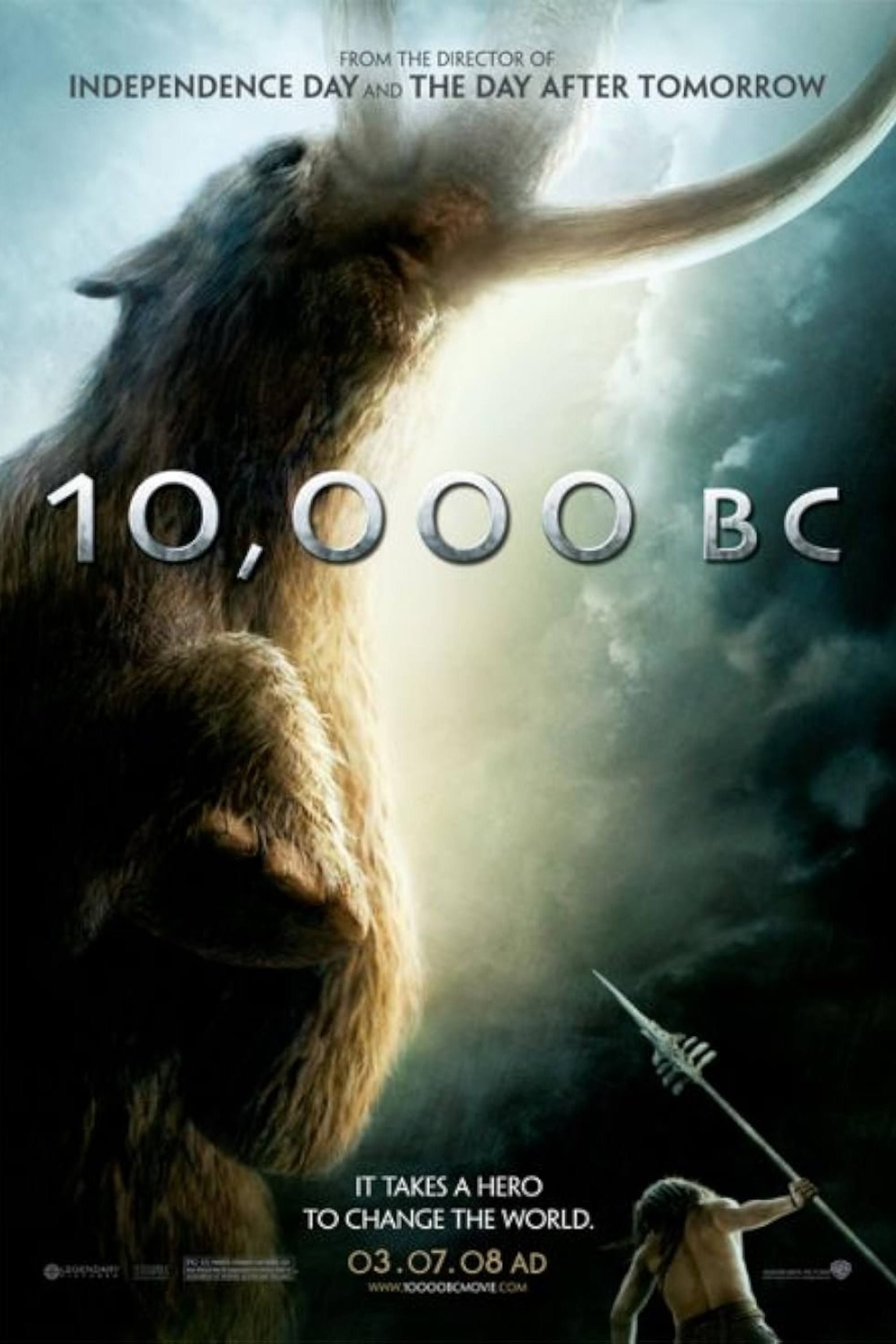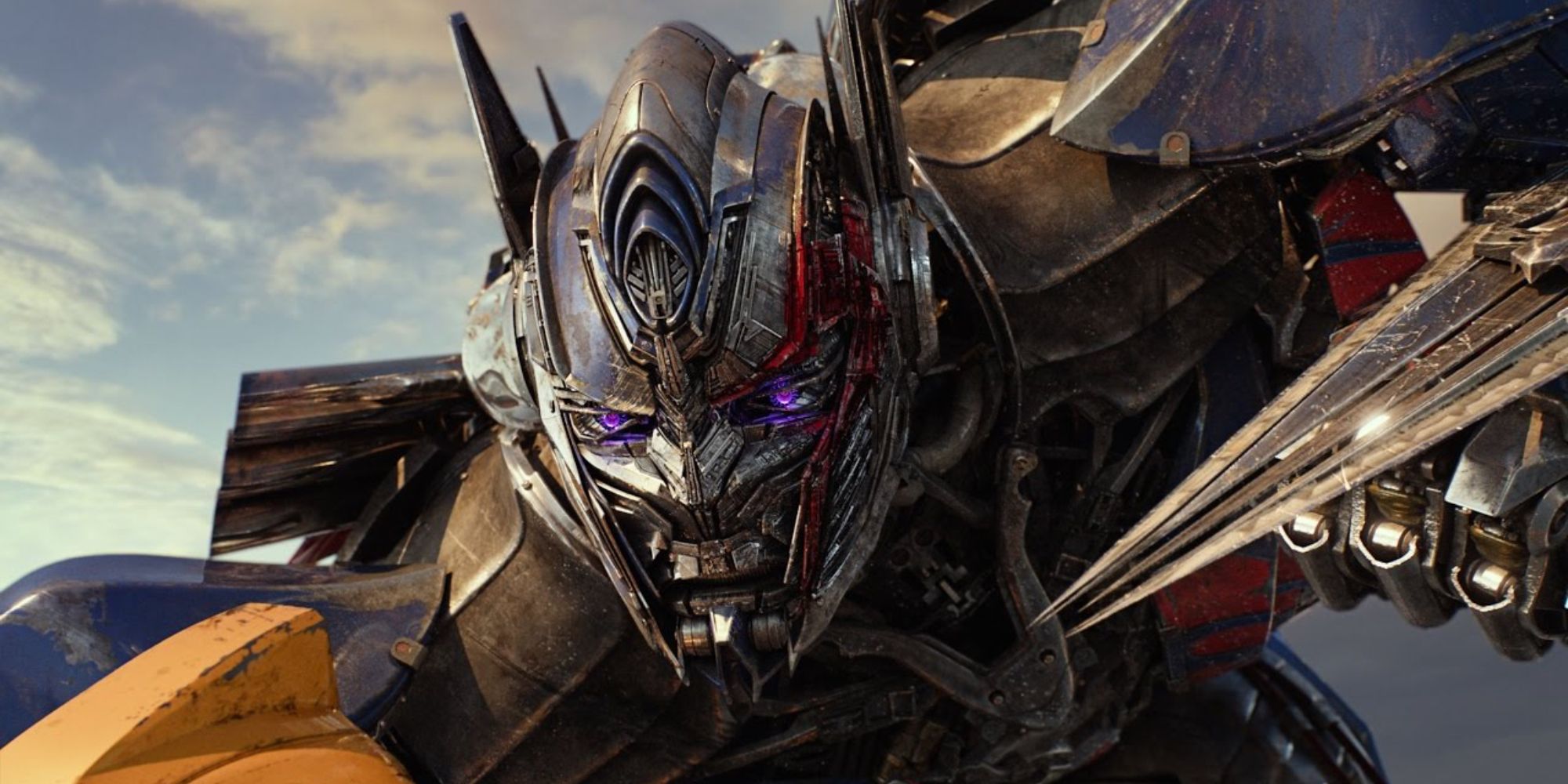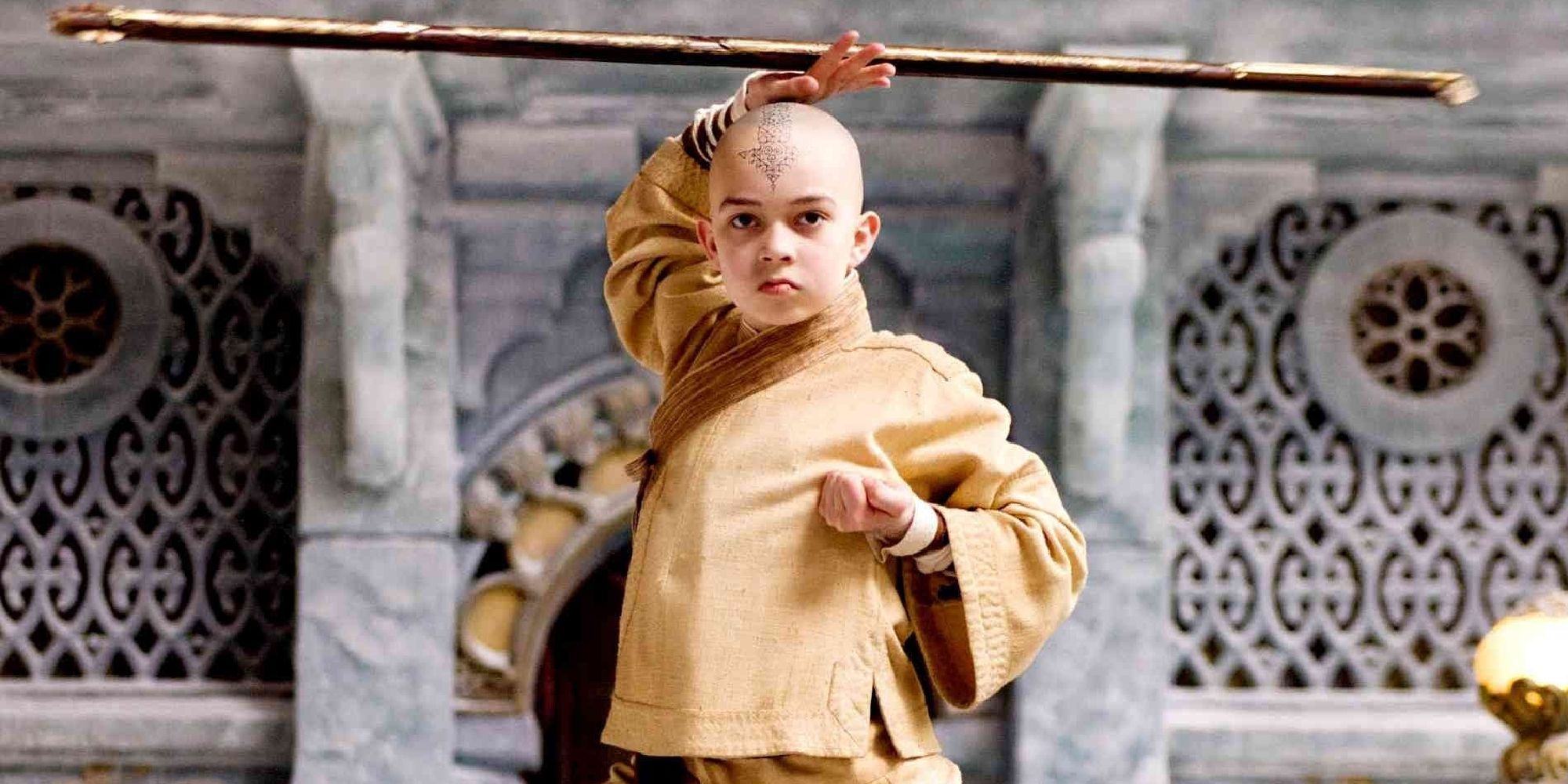The blockbuster film has become an ingrained staple of film culture for decades now, being propped up by a massive budget and marketing campaign as the highest capabilities of what a film can accomplish. Many blockbusters find themselves as some of the most popular, successful, and even the most acclaimed films in a given year, with the greatest blockbusters of all time fully living up to the weight placed upon them. While blockbusters come in all different genres and varieties, they each have an inherent goal of making waves at the box office, although some approach this goal with a more serious approach than others.
While many of today’s modern blockbusters find it most effective to balance grounded realism with comedy, there is a time and place for a hyper-serious blockbuster to work wonders, most recently seen with Oppenheimer. However, in the process of having a deeply serious approach to storytelling, the risk is that a film can be perceived as taking itself too seriously, treating itself too highly for the actual quality or story being told. Whether it be a blockbuster that severely needed more comedy or a lack of quality making its self-serious nature that much more cumbersome, many blockbusters have faltered due to taking themselves too seriously.
10 ‘Warcraft’ (2016)
Directed by Duncan Jones
A film adaptation of one of the biggest and most prominent fantasy video game franchises ever, Warcraft attempted to do the series justice by giving its universe a massive blockbuster scale and scope. The film takes place in the mystical world of Azeroth, with its inhabitants on the cusp of a full-scale war between humans and a tribe of orcs who have had to flee their dying home in search of a new one. Heroic figures from both sides of the war find their paths intertwined as their destiny proves to have massive ramifications for their people and Azeroth as a whole.
While the mythos and story of the Warcraft series is undeniably fast and expansive in scope, the film treats this fantasy tale with the same level of weight and gravitas as a Lord of the Rings film. The Warcraft games weren’t without their humor and charm to balance the struggles and clashes of ideologies that make up the story, yet said charm and wit are wholly missing from this film adaptation. This self-serious nature is one of many reasons that the film wasn’t the mega-hit that studios were making, although positive changes could have been made in the canceled Warcraft 2.
9 ‘Fast & Furious’ (2009)
Directed by Justin Lin
While the Fast and Furious franchise is more commonly recognized nowadays for its more absurd and over-the-top execution, it would take a while before the series fully adopted this non-serious approach. The absolute pinnacle of the early entries’ self-serious nature comes from Fast & Furious, the fourth film in the franchise and one that feels completely different from the latest entries. The film sees Dom and Brian once again reigniting their feud with one another, yet having to put aside their differences to take down a common enemy.
While Fast & Furious borders on the wildly chaotic style of filmmaking that the series would start in the following entry, it’s overwhelming in a self-serious tone that bogs the entire film down. From killing off iconic characters off-screen to add to the stakes, to giving extra weight and energy to every other spoken line, the film is not nearly as ridiculous and fun as other entries in the series. While it certainly has a few fun action sequences that shine through, the film has retained a legacy as one of the low points of the franchise for good reason.
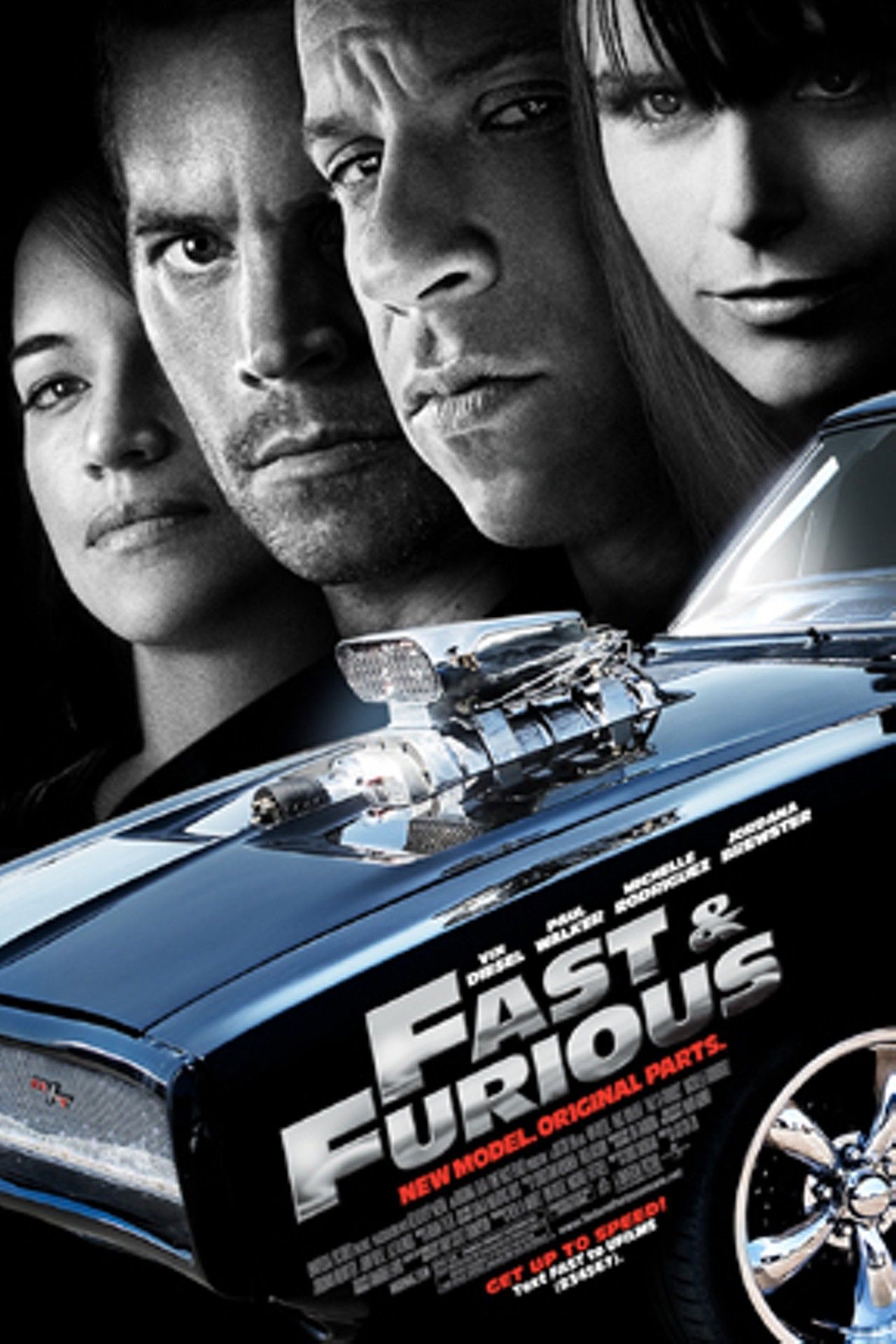
- Release Date
- April 3, 2009
- Rating
- Runtime
- 107 Minutes
8 ‘The Da Vinci Code’ (2006)
Directed by Ron Howard
The first in what would end up being an entire trilogy of dull, uninspired mystery thrillers, The Da Vinci Code managed to make waves off of the shocking religious implications of its premise. The film follows several mysterious secrets and clues being unveiled during the investigation of a murder inside the French Louvre, with professor Robert Langdon (Tom Hanks) dedicating himself to the truth of this matter. In this search for answers, he finds himself on a country-spanning adventure and uncovering numerous secrets that threaten to unearth the foundations of Christianity itself.
The Da Vinci Code treats its religious-themed mystery as if it were one of the most important and powerful thrillers of all time, assuming that its message would shake foundations akin to what happens in the film itself. In execution, however, The Da Vinci Code‘s self-serious tone and nature are massively underdeveloped due to various increasingly ridiculous twists and a real lack of stakes or tension. While it was a massive box office success when it was first released, time has not been kind to the Robert Langdon trilogy, as they are now considered some of Tom Hanks’s worst movies.
Rent on Amazon Prime
7 ‘Geostorm’ (2017)
Directed by Dean Devlin
There’s a difficult balancing act and paradox when it comes to the seriousness of disaster films, resulting in a massive number of these disaster blockbusters falling through the cracks. They have to have some self-serious elements due to the massive world-ending stakes, but also can’t be too self-serious due to the absurdity of their plots. One of the most notorious examples of a film that failed to accomplish this balance was Geostorm, a film whose world-ending disaster is caused by a series of natural disasters all coming together to create one massive storm.
While it would seem to be a relatively simple task to simply have a film titled Geostorm primarily feature a massive, absurdly ridiculous storm that tears up cities and creates chaos for people to attempt to survive, Geostorm has much different plans. The film instead primarily focuses on the discovery and attempts to stop the Geostorm before it happens, all enveloped in an overwhelmingly generic climate change message that detracts from the entire film. If the film simply understood that general audiences are only interested in massive CGI destruction, it could have done a lot better with critics and audiences alike.
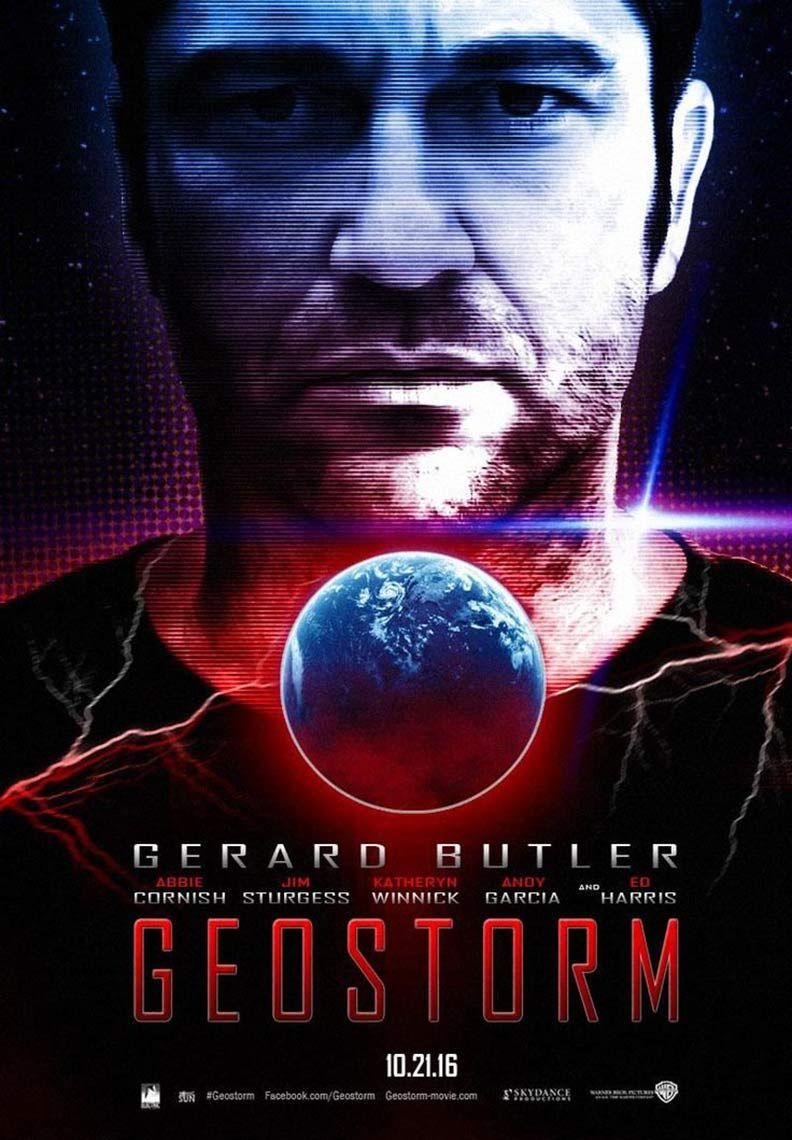
Geostorm
- Release Date
- October 13, 2017
- Runtime
- 109
- Main Genre
- Sci-Fi
6 ‘Teenage Mutant Ninja Turtles’ (2014)
Directed by Jonathan Liebesman
The Teenage Mutant Ninja Turtles are some of the goofiest and most over-the-top superhero icons in history, largely defined by their chill attitude, kung-fu skills, and love of pizza. While serious stories can certainly be told with the turtles, they have to be done with care and respect for what makes them so great, aspects that are severely missing from 2014’s live-action Teenage Mutant Ninja Turtles. Following in the footsteps of the Transformers films, the film sees the titular turtle brothers emerging from the depths of the New York sewers to take down the vicious plot of Shredder.
The turtles as characters are so largely defined by their unending charm and bond with one another, to the point where a film that massively diminishes those aspects such as this falters greatly as a result. The film simply takes the preexisting characters of this franchise and places them into a generic, by-the-numbers action film that frankly could have been told with any character. Out of all of the TMNT movies that have been released, this stands out as easily one of the worst, with its self-serious nature actively detracting from the strength of the series.
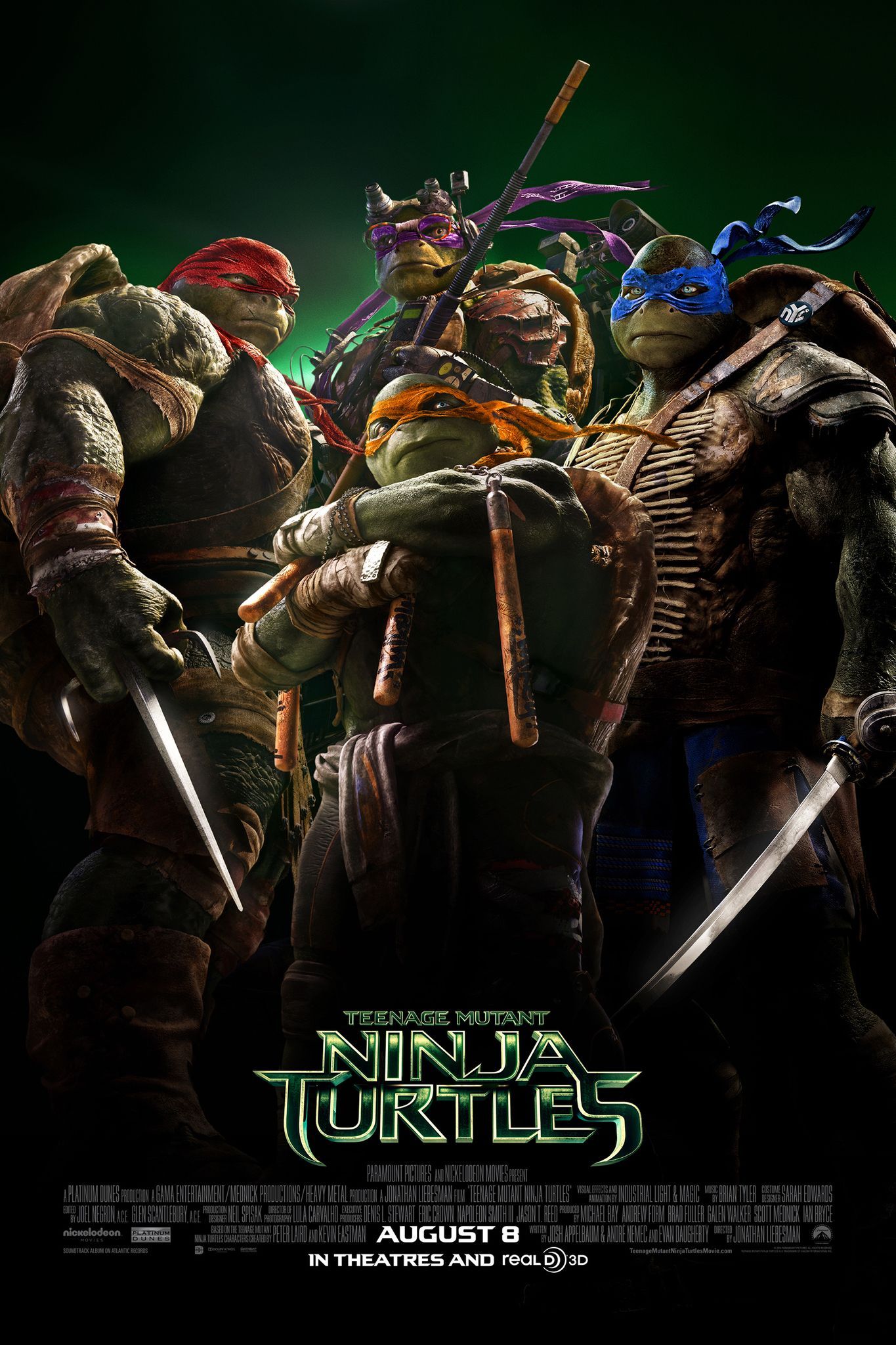
Teenage Mutant Ninja Turtles
- Release Date
- August 8, 2014
- Runtime
- 101 Minutes
5 ‘Gods of Egypt’ (2016)
Directed by Alex Proyas
Considering the weight and strength that has been placed upon the stories of Egyptian gods over the years, it would make sense that a blockbuster would be made in an attempt to capitalize on their overwhelming legacy. Gods of Egypt certainly has the look and style of an effective blockbuster take on these classic tales, yet its overwhelming and self-gratifying execution leaves much to be desired. The film follows the Egyptian god Horus, who ends up partnering with a common thief to save his love and defeat the almighty Set.
Gods of Egypt already faced a great deal of backlash and controversy upon release due to its primarily Caucasian cast each playing Egyptian gods and characters, yet the true killing blow of the film was its almighty self-serious tone. The film treats its gods and overall story with the utmost importance and weight, a tactic that works fine initially, yet eventually gets tiresome with so many gods being introduced to the film.
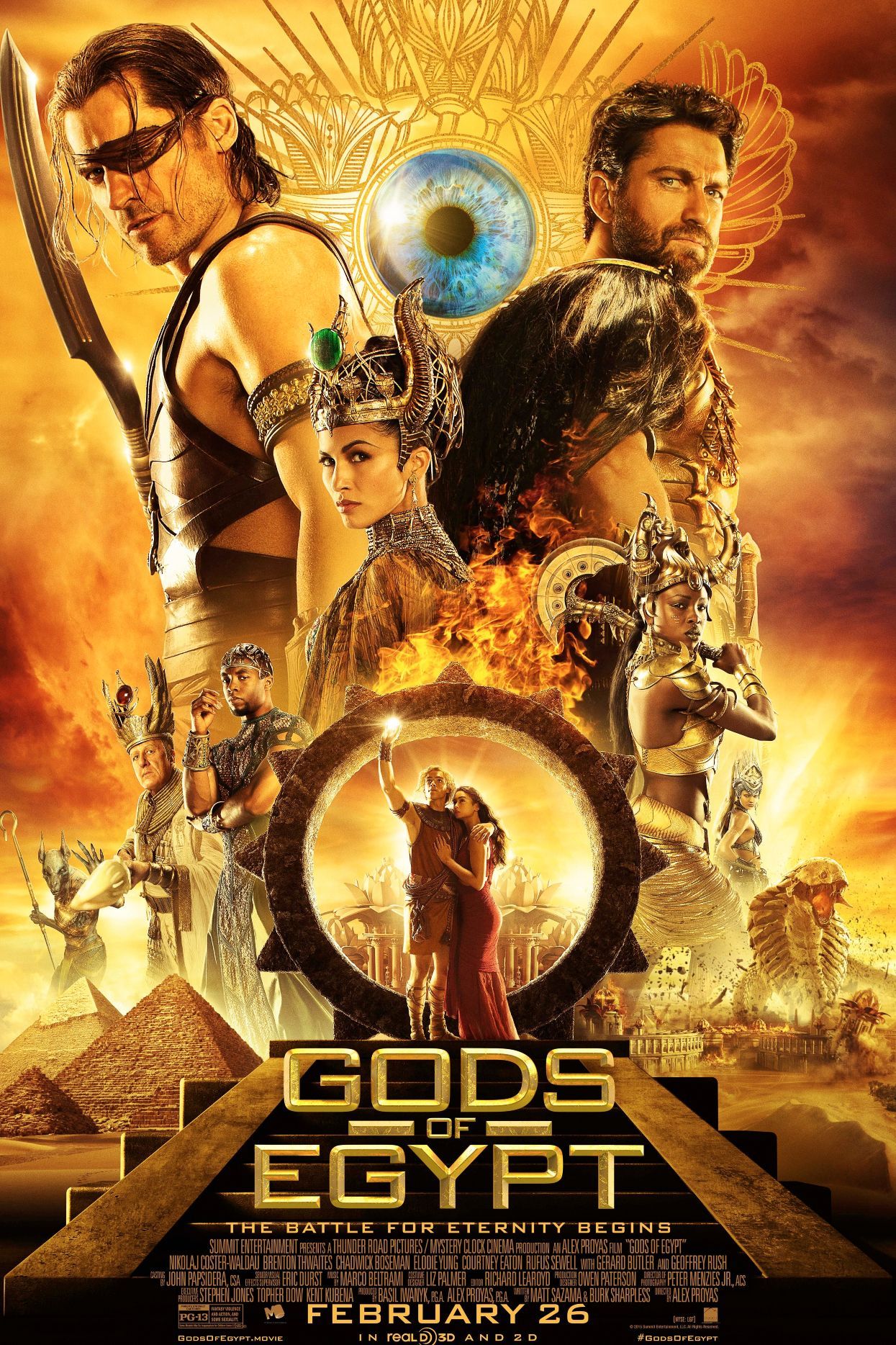
Gods of Egypt
- Release Date
- February 25, 2016
- Runtime
- 95
4 ‘Pearl Harbor’ (2001)
Directed by Michael Bay
Michael Bay as a director is at his best when he’s creating wildly over-the-top displays of maximum action and destruction, yet his style simply couldn’t mesh well with the serious tone and weight of Pearl Harbor. The film takes inspiration from films like Titanic and tells a gripping and emotional love triangle story taking place in the days leading up to Japan’s attack on Pearl Harbor in 1941. This massive clash in tones and styles proves to make the film one of the worst war movies of the 21st century.
Pearl Harbor is an absolute anomaly of a film that manages to both be too serious and not serious enough at the same time, being a disastrous experience that simply never should have been made. The love-triangle plot is treated with similar levels of weight and seriousness as the actual attack sequences, being a jarring and gross decision that downplays the weight of the real-life tragedy. At the same time, when the film depicts the tragedy itself, it’s filled with too much disaster movie/Bay-style filmmaking chops, not giving the scene the impact required to work.
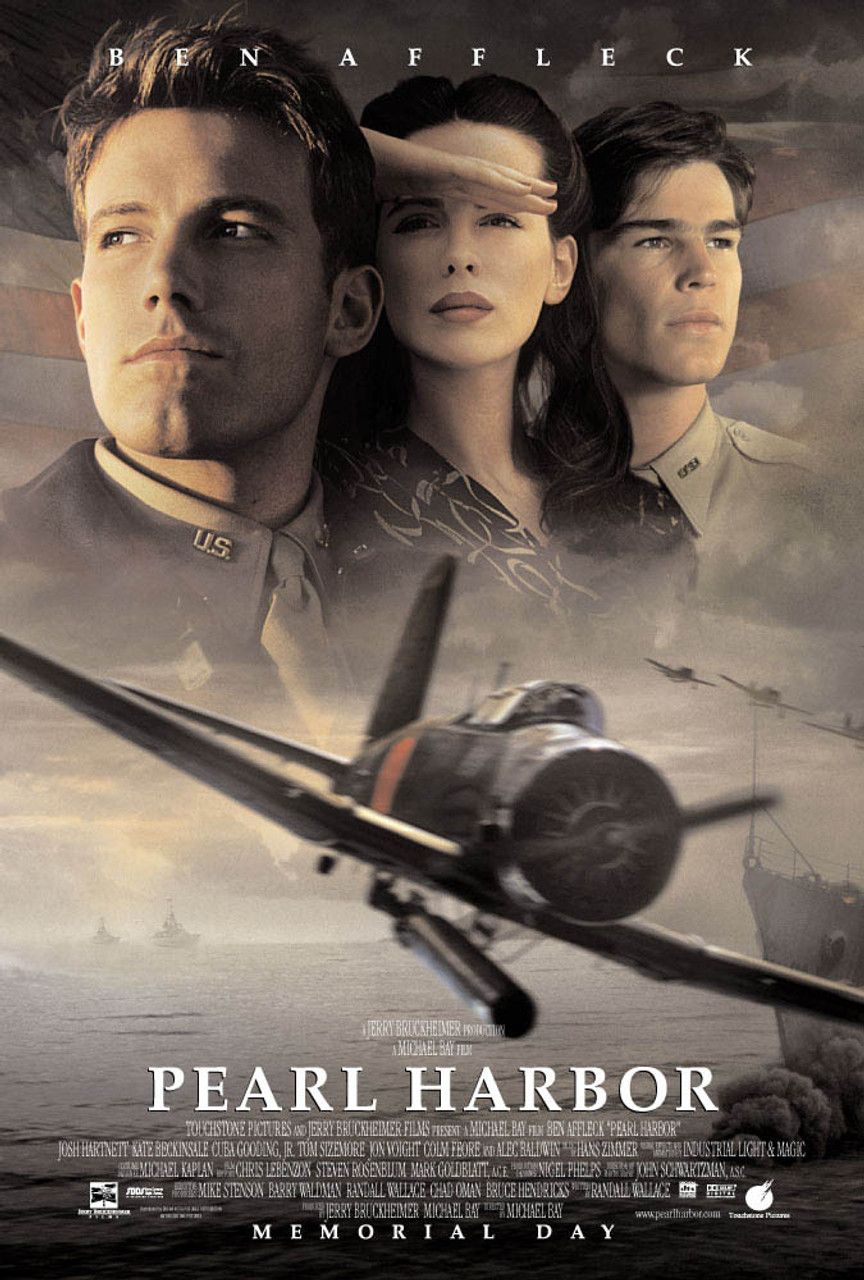
Pearl Harbor
- Release Date
- May 21, 2001
- Runtime
- 3h 3m
3 ‘10,000 B.C.’ (2008)
Directed by Roland Emmerich
Director Roland Emmerich is notorious for his work in ridiculous and chaotic disaster movies like Independence Day, 2012, and Moonfall, yet one of his few attempts at telling a more serious story comes from 10,000 B.C. The film sets itself up as the premiere cinematic look at prehistoric times, following a group of mammoth hunters who have to journey deep into uncharted territory to secure the safety and future of their tribe.
In its goal of being the quintessential prehistoric times film, 10,000 B.C. treats its story and characters with the utmost importance and weight, even despite it simply being the small, insignificant, and daily survival of prehistoric people. Said seriousness wouldn’t be nearly as much of an issue if the film wasn’t also filled to the brim with inaccuracies and outright incorrect information about the period that it depicts. The film certainly could enchant and delight critics and audiences if it wasn’t so focused on grandstanding itself as a deeply important historical work.
2 ‘Transformers: The Last Knight’ (2017)
Directed by Michael Bay
The last live-action Transformers film that Michael Bay would direct, Transformers: The Last Knight acts as a culmination of all the self-serious facets and clichés that made the live-action Transformers so polarizing. The film sees humanity at war with Transformers, with the few remaining allies like Cole Yaegar (Mark Wahlberg) having to research into the fabled past of Transformers on Earth to save everyone. At the same time, Optimus Prime finds himself being brainwashed by a Cybertonian goddess and forced to lead an army against the forces of humanity.
Nearly every aspect of Transformers: The Last Knight could be considered an unmitigated disaster on all fronts, from the constantly changing aspect ratios to the always egregious action sequences. However, one of the film’s greatest issues is just how much weight and importance it places upon transformers as core tenets throughout all history, showing them fighting battles alongside Merlin and even being responsible for the death of Hitler. This redefining of what Transformers are and their importance ends up derailing not just this film, but the entire live-action franchise as a result, easily making it the worst of every Transformers movie.
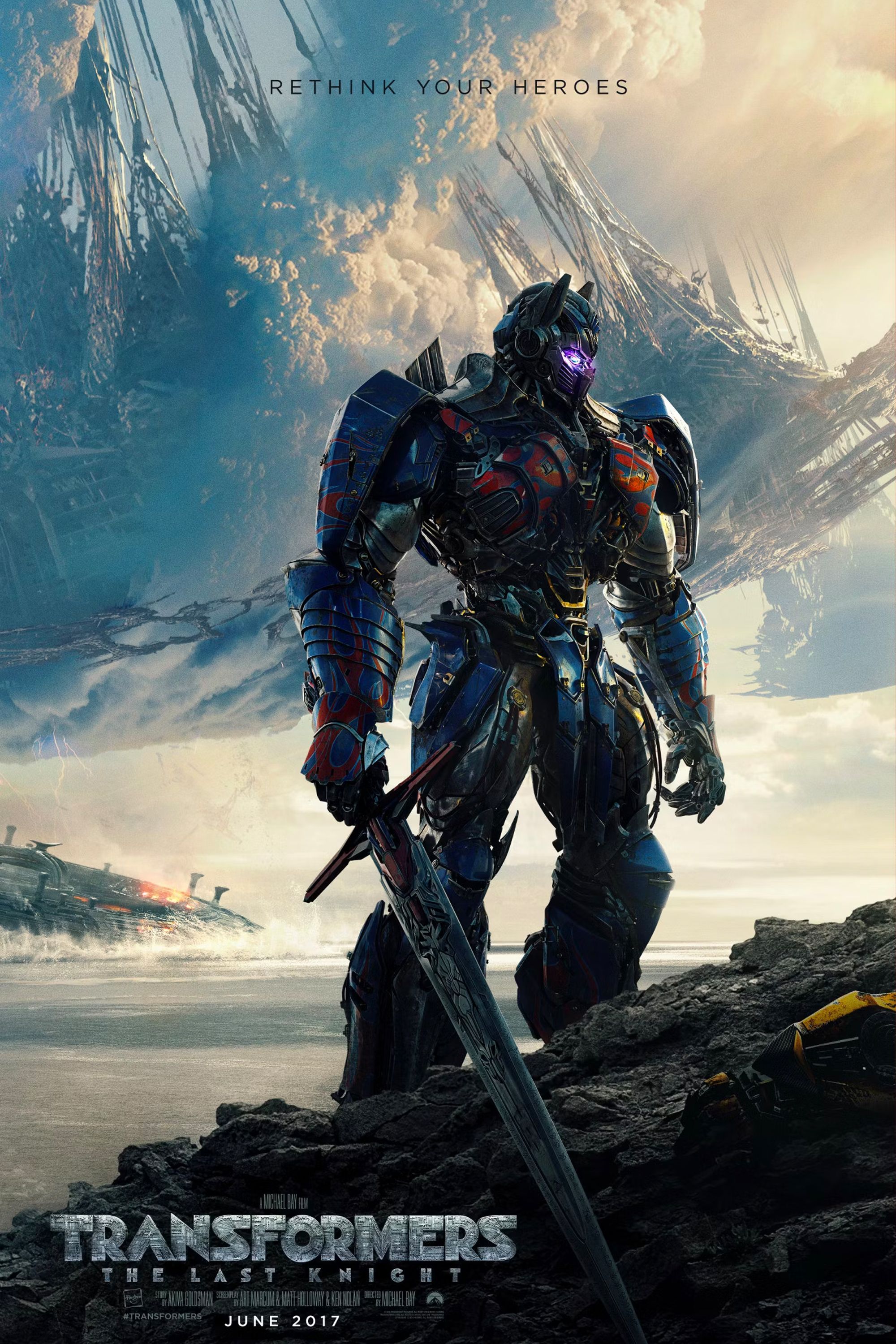
Transformers: The Last Knight
- Release Date
- June 16, 2017
- Runtime
- 149
- Main Genre
- Sci-Fi
1 ‘The Last Airbender’ (2010)
Directed by M. Night Shyamalan
Nickelodeon’s Avatar: The Last Airbender is one of the most critically acclaimed and beloved animated series of all time, able to balance its deep and symbolic messages with a signature sense of humor to make it perfect for audiences of all ages. However, this same level of unanimous praise cannot be said about the infamous live-action film, The Last Airbender, which actively diminishes all the series’ greatest attributes. The film attempts to shorten an entire season of television into a single 90-minute feature, a decision that was always going to result in disaster.
Of all of the things cut for time to make the story fit into 90 minutes, the most egregious omission is the signature sense of humor and charm that helped people fall in love with the series. The film has no attempts at humor to even speak of, turning the film into a painful slog of exposition and below-average fight sequences with no levity or likability for its characters. This is most directly seen in the character of Sokka, who was transformed from a lovable goofball and comic relief character into a cold, brooding, and scarred character that shares no resemblance to the fan-favorite original.
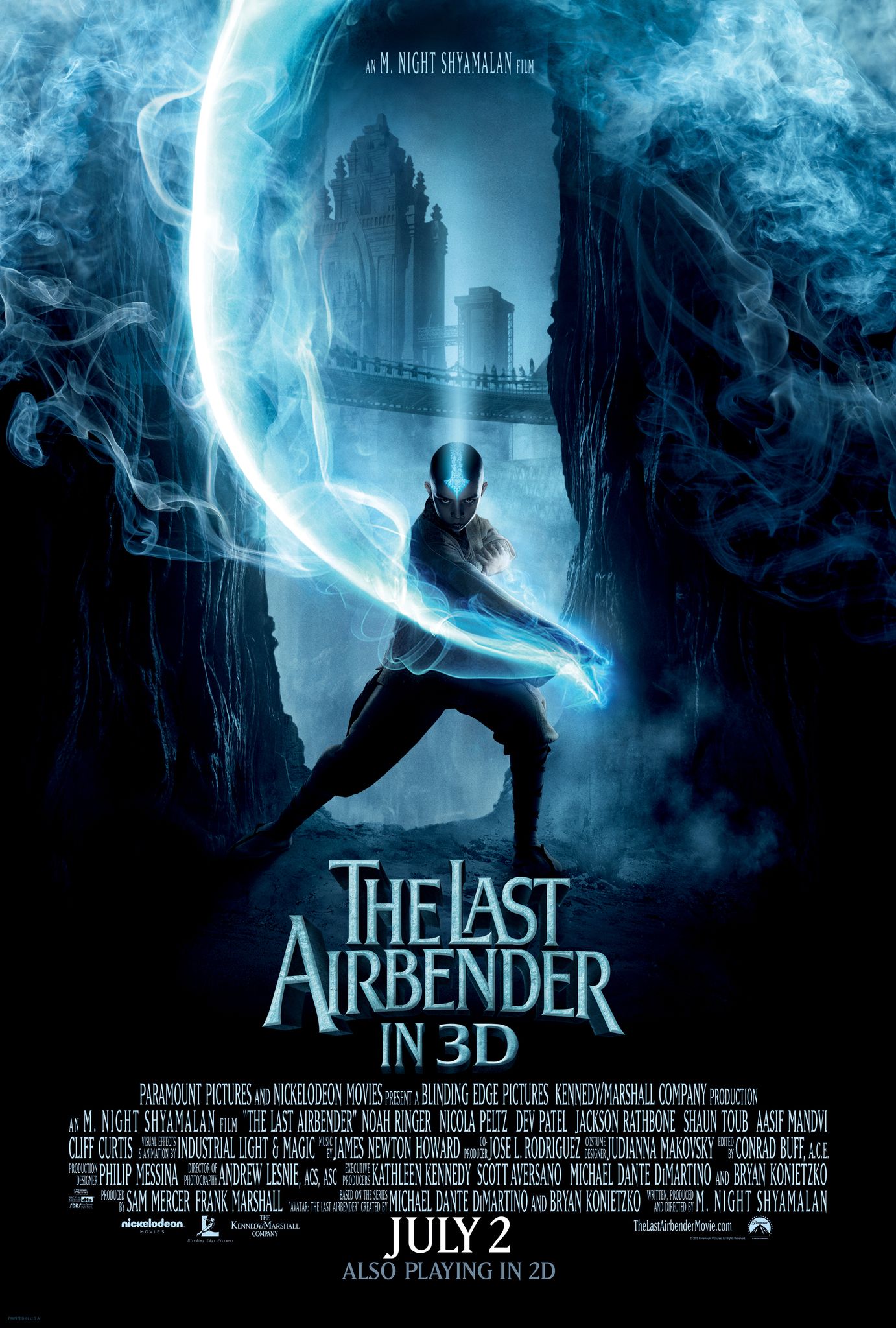
The Last Airbender
- Release Date
- July 1, 2010
- Runtime
- 103 minutes
